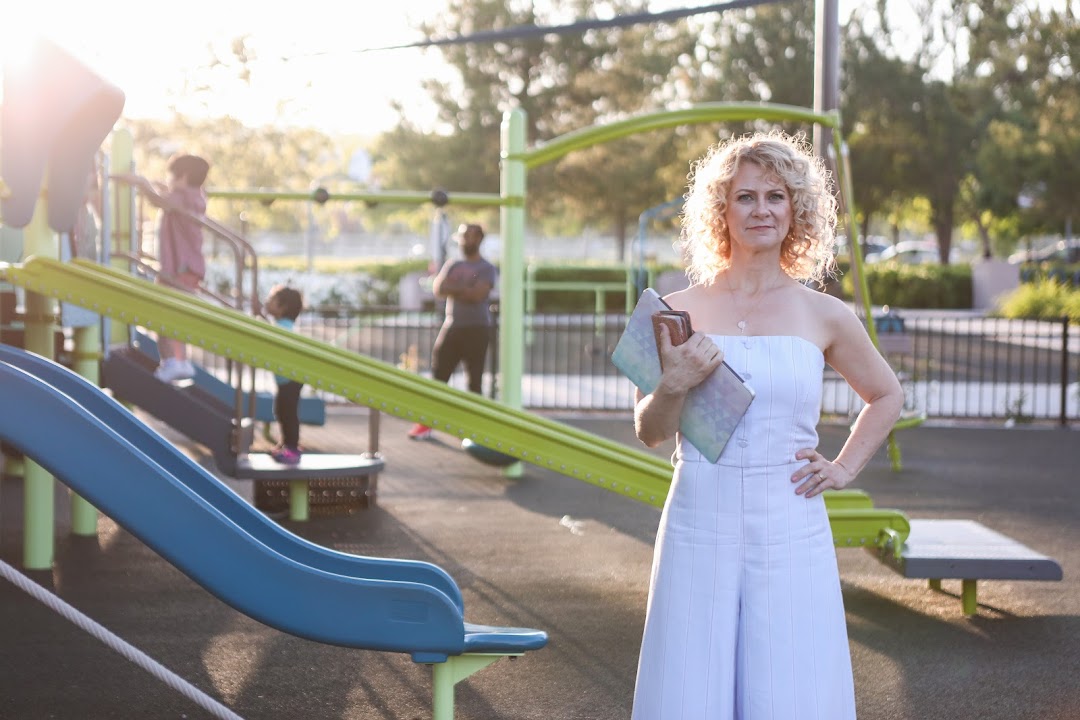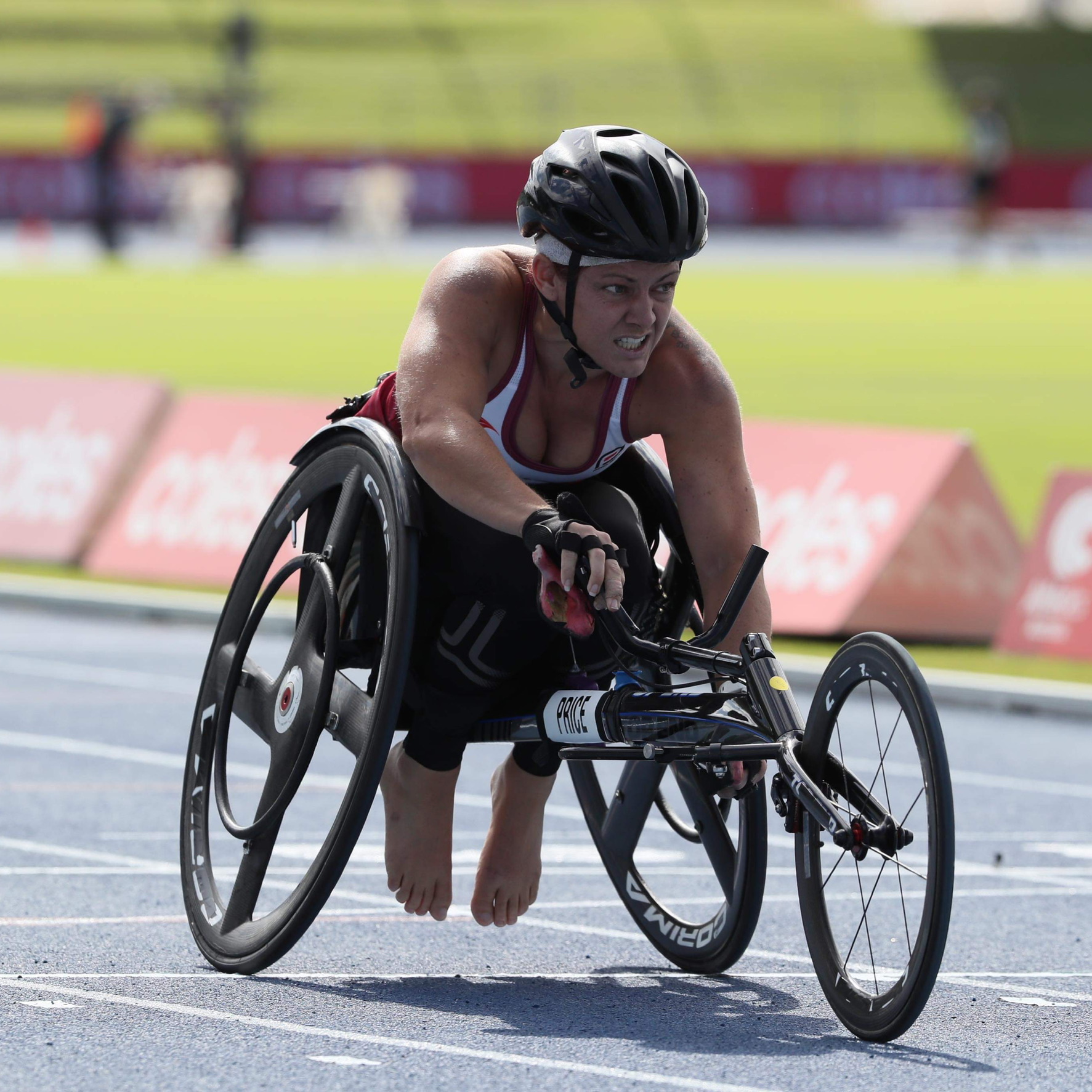DREAMING WITHOUT LIMITS
Stelios Kympouropoulos, Psychiatrist and Greek Member of the European Parliament (MEP).
I would encourage everyone to pursue their dreams and not let anything stand in their way.
At the age of 14 months I was diagnosed with spinal muscular atrophy (SMA) type 2, a rare, genetically inherited neuromuscular condition that causes progressive muscle weakness and loss of movement. This means, in a few simple words, that I cannot move my arms and legs, and I generally have muscle weakness all over my body.
While my parents were informed that my life expectancy wouldn’t stretch beyond adolescence, I soon learnt to dream without limits. Firstly, I attended a general education school. Then, in 2010, I made another dream come true by achieving a medical degree from the University of Athens, before undertaking post-graduate studies and becoming a psychiatrist. In 2019, I was elected as a Greek MEP.
Medical technology has supported me in various stages of my life, when I thought it could enrich my quality of life and facilitate my daily living. For instance, at the age of 12 years, I underwent a spinal fusion operation, thanks to which I believe my quality of life has been improved and expanded. I am a wheelchair user. The wheelchair is used as a tool for our freedom and no one is wheelchair-bound. I used to have an electric wheelchair with which I could move independently, but unfortunately, due to the inaccessible Greek built environment, I was unable to use it. Finally, I also basically get complementary support from my personal assistants, and from family or friends.
Notably, medical technology has helped to find recent tools that support the enrichment of the education of disabled people. In my life, it has provided autonomy and enabled me to read, to become a scientist, to use my PC, as well as to facilitate my online communication and cooperation with others. A few years ago, there was no treatment for people with SMA. Today there are already three different innovative drugs available, amongst them a gene therapy, that work miracles in infants and children and stabilise the condition of adults. There are also more treatments to come from the medical research field.
I don’t consider my impairment as a problem, I am a disabled citizen whose daily life is hampered by social constraints and not by his state of health. This is my physiology, my normal way of life. Of course, this means that there must be adequate and accessible social and environmental infrastructure and services, which don’t exclude disabled people from participating in social activities.
While not a ‘panacea’ or a substitute for the ‘human factor’ and companionship, technology can help improve our daily lives. It requires personal will, patience, perseverance and effort, and always with appropriate support from family, friends and the community, as is the case for everyone. Medical technology can be a good tool to support one’s dream, but not every dream. It depends on the person making use of it!






